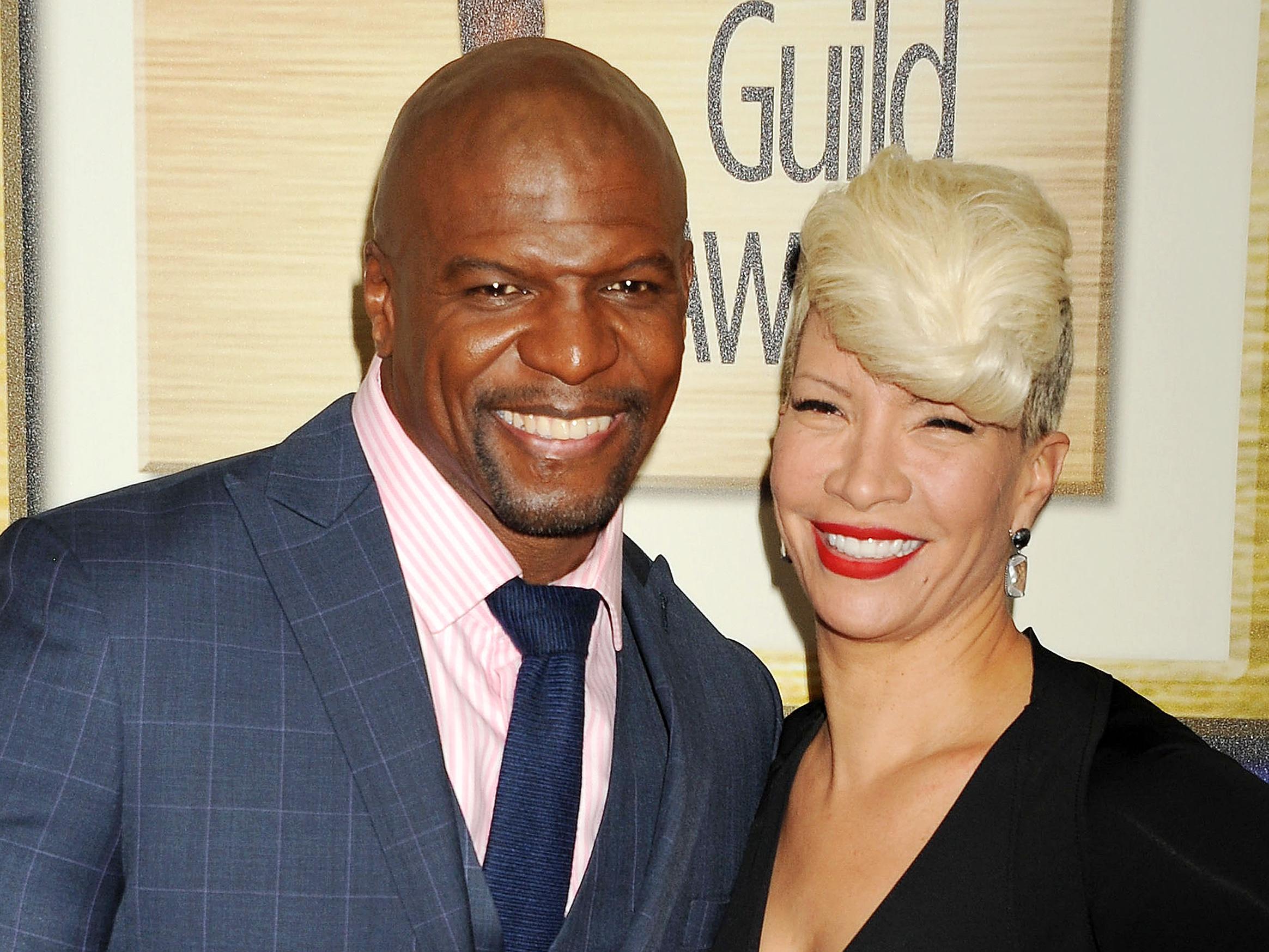The Independent's journalism is supported by our readers. When you purchase through links on our site, we may earn commission.
If you can't understand why women don't come forward about sexual abuse look at Terry Crews' story
Crews shows that sexual harassment and assault are crimes not of sex, but of power


Your support helps us to tell the story
From reproductive rights to climate change to Big Tech, The Independent is on the ground when the story is developing. Whether it's investigating the financials of Elon Musk's pro-Trump PAC or producing our latest documentary, 'The A Word', which shines a light on the American women fighting for reproductive rights, we know how important it is to parse out the facts from the messaging.
At such a critical moment in US history, we need reporters on the ground. Your donation allows us to keep sending journalists to speak to both sides of the story.
The Independent is trusted by Americans across the entire political spectrum. And unlike many other quality news outlets, we choose not to lock Americans out of our reporting and analysis with paywalls. We believe quality journalism should be available to everyone, paid for by those who can afford it.
Your support makes all the difference.It was a year ago this month that the world was stunned and horrified by the leak of an old Access Hollywood tape in which Donald Trump, then the Republican nominee for president of the United States, bragged about sexually assaulting women. When he told Billy Bush he would “grab ‘em by the pussy” because he was “a star”, he told the world that powerful men can get away with anything.
Now, a year later, Trump is President, and another powerful man – Hollywood mogul Harvey Weinstein – stands accused by dozens of women of sexual abuse. The accusations span decades, and like Trump’s comments a year ago, have opened up a dialogue about sexual harassment, abuse, and the predation women experience not just in the entertainment industry, but across the professions.
Actors from Gwyneth Paltrow to Angelina Jolie to Mira Sorvino have come forward with their own experiences of sexual assault and harassment. All of them are harrowing, and none of them are any less relevant. But one that stands out as particularly jarring is that of Terry Crews, the star of the TV comedy Brooklyn Nine Nine – a 49-year-old, six-foot-three-inch former NFL linebacker.
In a series of tweets, Crews described his assault at an event last year, where a studio executive approached him and grabbed his genitals without warning and without his consent, and whilst his wife stood by his side.
“I decided not 2 take it further becuz I didn’t want 2b ostracized – par 4 the course when the predator has power n influence” [sic] Crews tweeted. “I get it. And I understand why many women who this happens to let it go.”
Crews’ story opens up a lot of important conversations: about power and privilege, about racial stereotypes and disparities in justice for victims of sexual assault, and about the need for more support and resources for male victims – a 2014 government study found nearly 12 per cent of rape victims in the UK were male, with it being considered grossly underreported.
But perhaps most glaringly, Crews’ story shines a light on the myth that sexual assault and harassment only happens to women who look a certain way, act a certain way, or dress a certain way. It shows the crime isn’t innocent, or one of sex. That it isn’t just overzealous feminists with an agenda to ruin hardworking men, complaining about workplace “banter”. Crews shows that sexual harassment and assault are crimes not of sex, but of power.
As a former NFL linebacker, Crews is physically imposing. Yet this studio executive still felt comfortable and secure enough to grope his private parts in view of not only his wife but presumably anyone else present at this public function. Crews is an actor, dependent upon studio executives for his livelihood, and out of fear of career repercussions, of not being believed, of the shame society places on victims of sexual assault, and of the innate power imbalance between executive and actor, he remained silent. He didn’t fight back.
It’s for these reasons, and many more, that women who are victims often don’t come forward – or wait for years, in cases, before they do. This allows abusers – typically, though not always, men – to continue to abuse for years, even decades. Cases such as Weinstein’s, but also those of the late Fox News executive Roger Ailes, the erstwhile Fox News presenter Bill O’Reilly, and the late Top of the Pops presenter Jimmy Savile – whom police believe may have been one of Britain’s most prolific sex offenders – show this happens far more frequently than many would like to believe.
Terry Crews, by bravely coming forward, shows that these men do it not because they’re randy old gits, or because nubile young temptresses enticed them into acting inappropriately. They do it because they can. They do it because they have the power to abuse, and see nothing wrong with using that power to exploit those who lack their rank and privilege. As Weinstein himself said in a tape obtained by the journalist Ronan Farrow, “I’m used to that” – with that being groping any woman he wants.
Unlike Trump, who was rewarded for bragging about sexual assault with the presidency, Weinstein was sacked by the company bearing his name this week. Whether he faces any criminal or civil litigation remains to be seen.
Regardless, let’s hope it’s a sign that society is finally starting to see sexual harassment and assault for what it is – a crime of power. And let’s hope we start treating the women and men who are abused not as liars and opportunists, but as victims in need of justice – and their perpetrators as vile abusers of their power and privilege.
Join our commenting forum
Join thought-provoking conversations, follow other Independent readers and see their replies
Comments